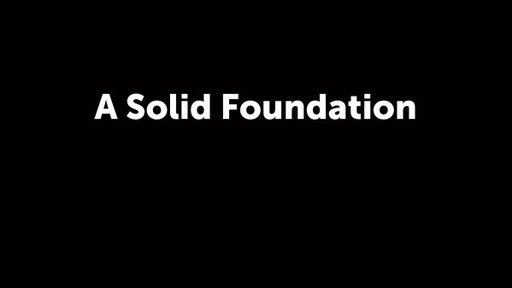A Solid Foundation

Introduction:
I. Two houses built on two foundations by two men.
A. The wise man
We must hear Jesus. When he says that there is a storm coming, he is not talking about what we so often identify as the “storms of life.” Those storms are real and they are painful—storms like cancer, divorce and losing a loved one—and the Bible certainly addresses them. However, Jesus is referring to a cataclysmic reality, a final and utterly devastating storm of the future judgment of God. (Exalting Jesus, 100)
B. The foolish man
II. Two Outcomes when the storm comes.
A. One stands
B. One falls
Since OT writers described God’s wrath using the image of a great storm (Is 28:16–17; Ezk 13:10–13), the storm that destroys the house on the sand is a picture of divine judgment. Hence, the person who hears and acts on Jesus’s teaching is prepared for judgment. The one who hears but doesn’t act on Jesus’s words will be destroyed in the storm of judgment.
III. Jesus teaches from authority.
7:28–29 Jesus amazed the crowds with an authority that surpassed that of other teachers. First-century Jewish teachers appealed to the authority of their rabbinic predecessors. However, Jesus introduced his teachings with the contrast, “You have heard that it was said … but I tell you” (5:21, 27, 31, 33, 38, 43). By this Jesus made clear that he had the authority to interpret the law independent from and even contrary to the Jewish oral tradition and the most esteemed rabbis. The words when Jesus had finished are important for understanding the structure of Matthew’s Gospel. See “Structure” in the Introduction to Matthew.
